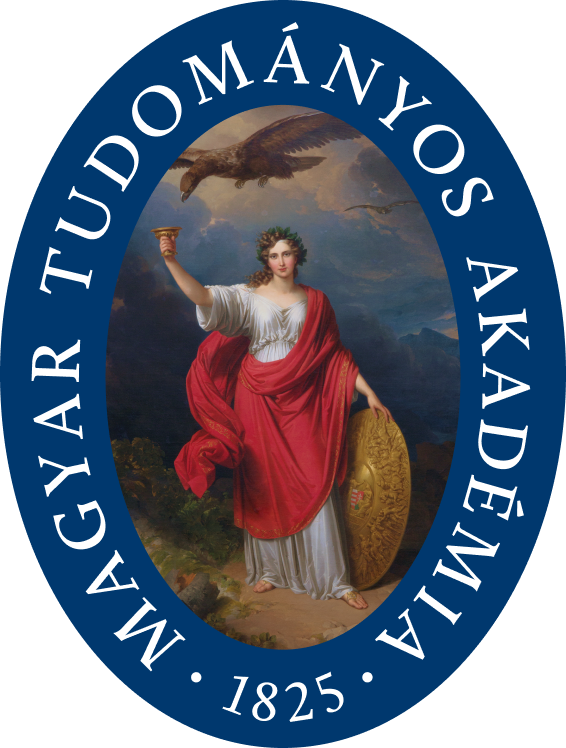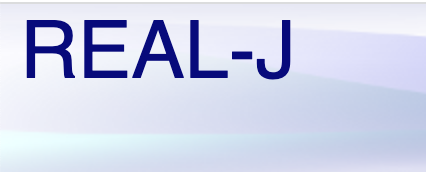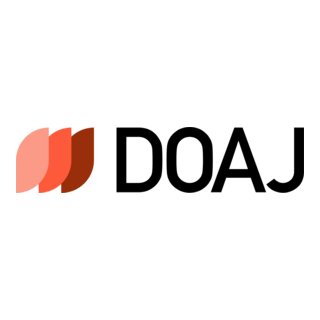Professional and Ethical guidelines
The Editorial Board of the journal is committed to enforcing high-level professional and ethical obligations in the publication of the journal - thus all writings appearing in the journal must comply with the present requirements.
These guidelines are established according to the standards set by the Committee on Publication Ethics (COPE) for journal editors, as well as the expectations defined in the Code of Scientific Ethics of the Hungarian Academy of Sciences, in accordance with the requirements contained therein. All parties involved in the publication of works in the journal must accept the following standards of professional and ethical conduct.
-
Requirements for the Editorial Board of the journal: The editorial board decides on the content appearing on the electronic platform of the journal, and the chief editor places them based on this decision. The committee's tasks include reviewing submitted studies, initiating the peer review process, evaluating opinions, performing editorial tasks necessary for publication, and publishing accepted writings. The editorial board reserves the right to:
- examine submitted manuscripts using a system capable of detecting plagiarism (Turnitin),
- reject the manuscript before the start of the peer review process due to formal or fundamental errors and deficiencies.
The publication of writings and the publication options for editors may also be restricted by applicable laws and mandatory regulations. While performing the above tasks, the Editorial Board adheres to the following principles:
- Fair procedure: Editors evaluate the intellectual content of submitted manuscripts regardless of the authors' race, gender, sexual orientation, religious beliefs, ethnic background, citizenship, or political beliefs.
- Confidentiality: Editorial staff must not disclose any information related to the submitted manuscript for publication to the author, reviewers, potential reviewers, other editorial advisors, or anyone outside the publisher.
- Disclosure and conflict of interest: Editors publish accepted writings. Materials awaiting publication and results awaiting publication may not be used by participants in the publication process in their research and publication activities.
Responsibilities of reviewers involved in the journal's publication: Manuscripts are evaluated by ndependent and anonymous reviewers who are external experts, not members of the Editorial Board. Each manuscript is evaluated by two reviewers. The journal does not pay fees for reviews, but it issues certificates upon request. The publication of submitted manuscripts depends on the reviewers' opinions, and in cases of divergent opinions, the editorial board decides on the acceptance or rejection of the study. The prerequisite for starting the review process is compliance with the formal requirements, for which the Chief Editor is responsible. While performing the tasks, reviewers must adhere to the following principles:
- Contribution to editorial decisions: Reviewers evaluate submitted manuscripts, recommend them for rejection or acceptance, and suggest changes and improvements for revised writings. Reviewers alert editors if they detect significant similarity or overlap between the manuscript under consideration and any other published study they are aware of.
- Speed and expertise: The Editorial Board selects reviewers based on their professional qualifications. Reviewers can request to be relieved of their duties after commencing the review process if they believe that the study falls outside their research area, a conflict of interest arises, or if they know that rapid review is unfeasible. In such cases, the reviewer seeking relief must inform the Chief Editor and propose a new reviewer.
- Confidentiality: Reviewers must treat all manuscripts submitted for review confidentially and may not consult others about them. They can only cite the scientific results contained in them after publication.
- Objectivity: The review opinion must be objective. Evaluating the author's personality is not acceptable. Professional reviewers must support their statements with arguments.
- Disclosure and conflict of interest: If the reviewer gains access to confidential information during the review, they must handle it confidentially and cannot use it for their own benefit. Reviewers cannot review manuscripts that present conflicts of interest with any of the authors or the author's institution.
-
Authors' obligations: The acceptance of manuscripts is conditional upon accepting and adhering to professional and ethical guidelines. Since the journal can only partially verify compliance with the guidelines, it is the authors' responsibility to fully comply with them while enforcing the following principles:
- Publication principles: Authors accurately describe original research in their writings to enable critical discussion. The writings comply with the formatting requirements set by the journal, cite references, and present data and results truthfully.
- Originality and plagiarism: Any form of plagiarism is unethical and unacceptable. Authors must ensure that their manuscript is entirely their own intellectual product. If authors use the work and/or expressions of others, they must cite and quote them properly. The Editorial Board checks for originality in all submitted manuscripts through automated means (Turnitin).
- Multiple publications: Publishing the same text and content in multiple journals is unethical and unacceptable.
- Authorship: Authorship should be limited to those who have truly and significantly contributed to the conception, design, writing, or interpretation of the study. All those who have contributed significantly to the preparation of the study must be listed as co-authors. The research leader or the first author ensures that all eligible co-authors are included in the manuscript and ensures that the final version of the study accepted for publication is reviewed by all co-authors.
- Significant errors in published studies: Significant errors or inaccuracies can be corrected before and after the publication of the manuscript. If authors notice significant errors in the manuscript submitted for publication or already published, they must notify the Editorial Board. In this case, the Chief Editor allows the correction of the error or the publication of the correction.
- Disclosure and conflict of interest: Authors must disclose the financial sources of research related to the manuscript and financial and other potential conflicts of interest that may affect the interpretation of the results.




